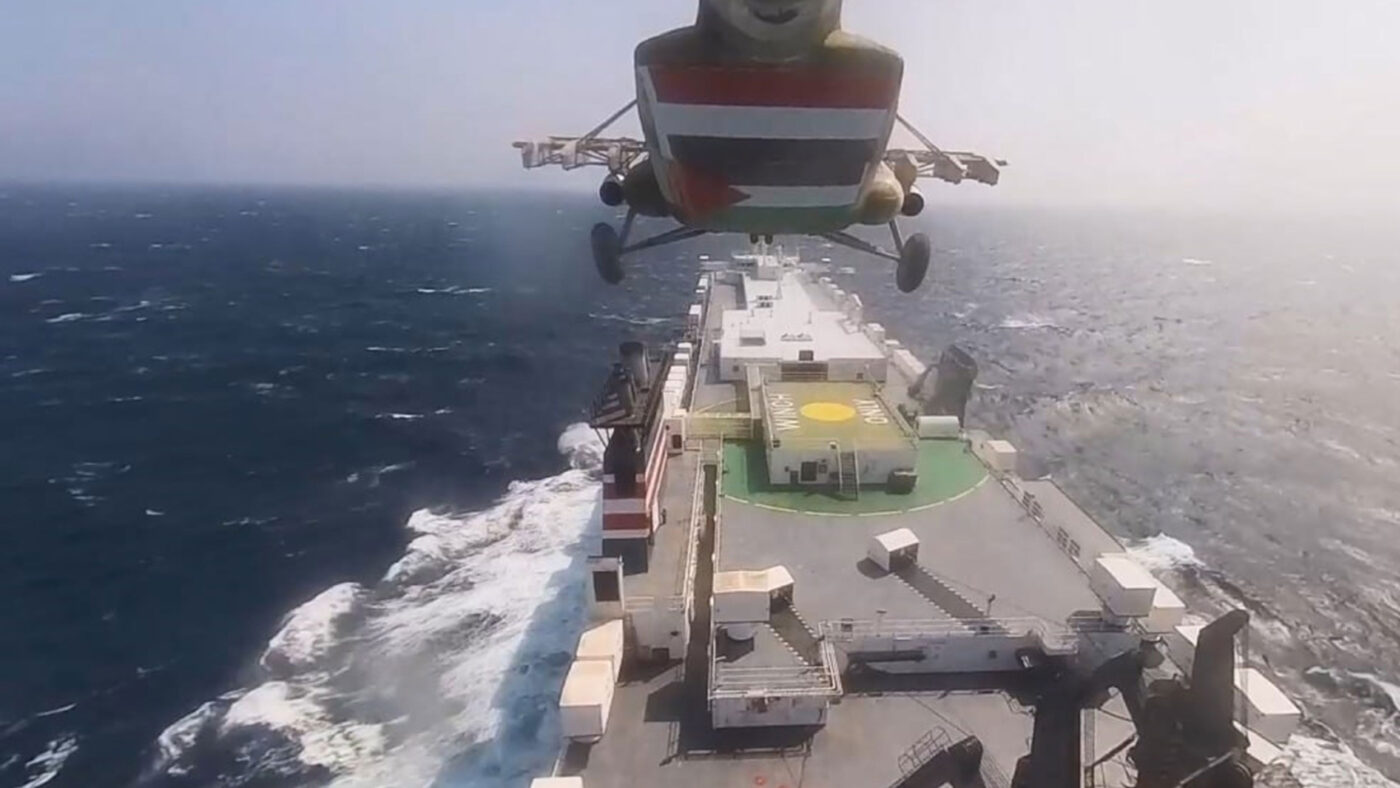The disruption to shipping through the Red Sea – and the possibility of a further escalation of the Middle East crisis – are serious threats to the global economy. Nonetheless, the wider fallout should be limited. UK inflation might sink a little more slowly than it would otherwise have done, but it should continue to fall rapidly.
The biggest and most immediate risk would be a surge in energy prices. So far at least, this is the dog that has failed to bark.
The cost of a barrel of Brent crude did spike above US$80 last week, but it was back below this level on Monday morning. To put this rise in context, Brent topped US$90 in October following the dreadful Hamas attacks on Israel, and was above US$120 as recently as 2022.
The price of natural gas has also remained subdued. The Bank of England’s November Monetary Policy Report assumed that UK gas prices would average 142 pence per therm in 2024, up from 118p in 2023. This assumption was based (not unreasonably) on what the futures markets were saying at the time. But the markets are now signalling a much lower average price this year of less than 80p.
This will feed through into a larger cut in Ofgem’s cap on domestic energy bills in April, making it even more likely that headline inflation is back to – or below – the Bank’s 2% target in the spring. Some consumers and businesses could see savings come through sooner.
Of course, the Red Sea is also an important channel for other consumer goods and parts, especially from Asia, and for some foodstuffs, such as grains and rice. Many container ships are now having to take the longer route around Africa, adding to delays and costs.
There has already been a marked impact here. Container freight rates have more than doubled in the past few weeks and insurance premia for traffic through the Red Sea have soared. But again, some context is needed.
A widely-cited IMF study published in 2022 found that a doubling of freight rates has typically added about 0.7 percentage points to global inflation (and slightly less in advanced economies like the UK). A repeat of this would not be insignificant, but nor would it be a game changer.
This estimate also assumes that the disruption is sustained for more than a few months. In any event, there will be time lags before this is reflected in prices in the shops.
The scale of the disruption to global supply chains is also still small compared to that during Covid. For example, the Drewry World Container Index jumped to US$3,072 per 40ft container last week, but it had peaked above US$12,000 in 2022.
What’s more, the New York Fed’s ‘Global Supply Chain Pressure Index’ (GSCPI) actually fell slightly in December, keeping it close to its long-term average. This suggests there is still plenty of disinflation to come from the easing of supply chain problems over the past year. Indeed, the current level of the GSCPI is still consistent with a decline in average OECD inflation to around 2%.
The prices of global agricultural commodities are still much lower than a year ago too, as shown by the UN FAO index.
Fears that the UK’s new post-Brexit border checks on EU food imports this year will reverse the downward trend in inflation are also exaggerated.
Official modelling suggests that these checks will add less than 0.2% to the cost of food and drink over three years. Of course, this might be an under-estimate, and any cost increase is unwelcome. But this modelling would have to be way off for the checks to have any significant impact on annual inflation rates.
Finally, the macroeconomic background is now very different. While there is no good time for the sort of disruption that is now hitting traffic through the Red Sea, at least it comes when global trade is sluggish and there is plenty of spare capacity in the shipping industry.
Monetary and financial conditions are also now much tighter than they were a couple of years ago. This means that even if some prices are driven up by the disruption in the Red Sea, others may fall back, reducing the impact on overall inflation.
Less positively, even if oil does take off, this could now trigger the long-feared recession and therefore reduce the underlying inflationary pressures in the economy.
In short, the Red Sea disruption obviously needs watching, but it should not overly concern the Bank of England. The bigger picture is still that UK inflation is on track to hit – or undershoot – the official target of 2% in April, which would be more than a year earlier than the Monetary Policy Committee had been expecting. UK interest rates should therefore still be cut – and the sooner the better.
Click here to subscribe to our daily briefing – the best pieces from CapX and across the web.
CapX depends on the generosity of its readers. If you value what we do, please consider making a donation.


